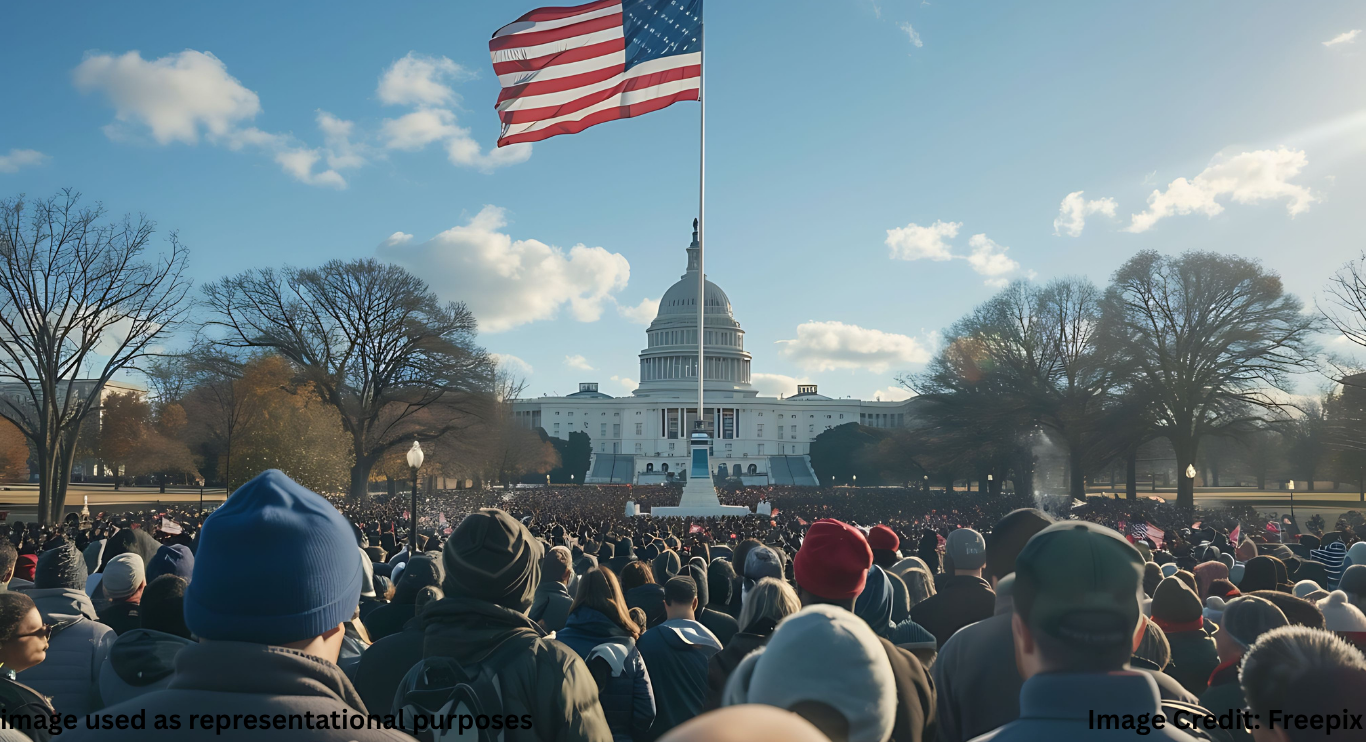
Introduction: The Trump Effect on Europe
The growing Trump economic influence Europe now faces marks a new chapter in global diplomacy. With former President Donald Trump once again a powerful voice in American politics, his views on tariffs, trade deficits, and economic nationalism are once again shaping European decisions. This influence is not just economic—it’s political and strategic, altering how the European Union aligns itself on the global stage.
A Look Back at Transatlantic Trade
Historically, U.S.-EU trade relations have been rooted in shared values and mutual economic benefit. Agreements like the Transatlantic Trade and Investment Partnership (TTIP) were designed to deepen that cooperation. But Trump’s first presidency upended this stability. The EU faced tariffs on steel, automobiles, and even wine—measures that many in Europe saw as hostile.
The Rise of Trump’s Economic Influence
Even out of office, Trump’s policies continue to cast a long shadow. With growing support for his return and populist movements rising in Europe, policymakers are factoring in the possibility of another Trump term. Business leaders and governments alike are adjusting to a more protectionist, unilateral U.S. trade policy—and preparing accordingly.
Tariff Leverage as a Political Tool
Trump has used tariffs not just for economic reasons, but to gain political leverage. The EU, reliant on U.S. imports and investment, has little choice but to engage. Whether it’s pharmaceuticals, semiconductors, or aircraft, Europe understands that access to the U.S. market comes at a new cost.
How Europe is Responding to U.S. Pressure
Europe is no longer passively reacting. It’s adapting:
- Strategic Autonomy: The EU is investing heavily in local manufacturing and energy independence to reduce U.S. reliance.
- Digital Sovereignty: New laws like the Digital Markets Act aim to limit U.S. tech dominance in European markets.
- Selective Cooperation: Europe is choosing to work with the U.S. where beneficial—on defense, AI, and trade—but is pursuing separate paths on others.
Read our article on Trump’s Bold Stance on Ukraine War Could Redefine U.S. Global Influence
Industry Spotlight: Who Benefits and Who Suffers
Winners
Big exporters—especially in Germany and the Netherlands—benefit from relaxed U.S. tariffs under bilateral arrangements. Defense manufacturers have also seen increased orders due to Trump’s NATO push.
Losers
Green energy sectors and environmental tech firms face new hurdles. Trump’s preference for fossil fuels and deregulation affects transatlantic cooperation in climate policy.
Public Voices from Both Sides of the Atlantic
“As a tech investor in Berlin, I have to consider where our future funding will come from,” said Jana Müller, co-founder of a green startup. “With U.S. policies shifting, we are starting to look east, not west.”
Meanwhile, John Parker, a Texas-based steel supplier, said, “Trump’s tariffs helped save our plant. Europe may complain, but it made America stronger.”
The Future of U.S.-EU Trade Relations
The U.S. and Europe are entering a new era—not of unconditional alliance, but of transactional pragmatism. This shift might bring shorter agreements, issue-based cooperation, and fluctuating political will. For businesses, adaptability will be key.
Conclusion: Rethinking Alliances and Influence
The Trump economic influence Europe is navigating reflects deeper transformations in the world order. As power becomes more dispersed and alliances more fluid, the EU is learning to walk a fine line—balancing economic interests, democratic values, and strategic necessity. While the future remains uncertain, one thing is clear: Trump has changed the game, and Europe is learning the new rules.

Akalumhe Jefferson is a content writer with a new found interest for crafting engaging stories that transport readers to new worlds. Although no current actual background in creative writing but there’s active love for writing



